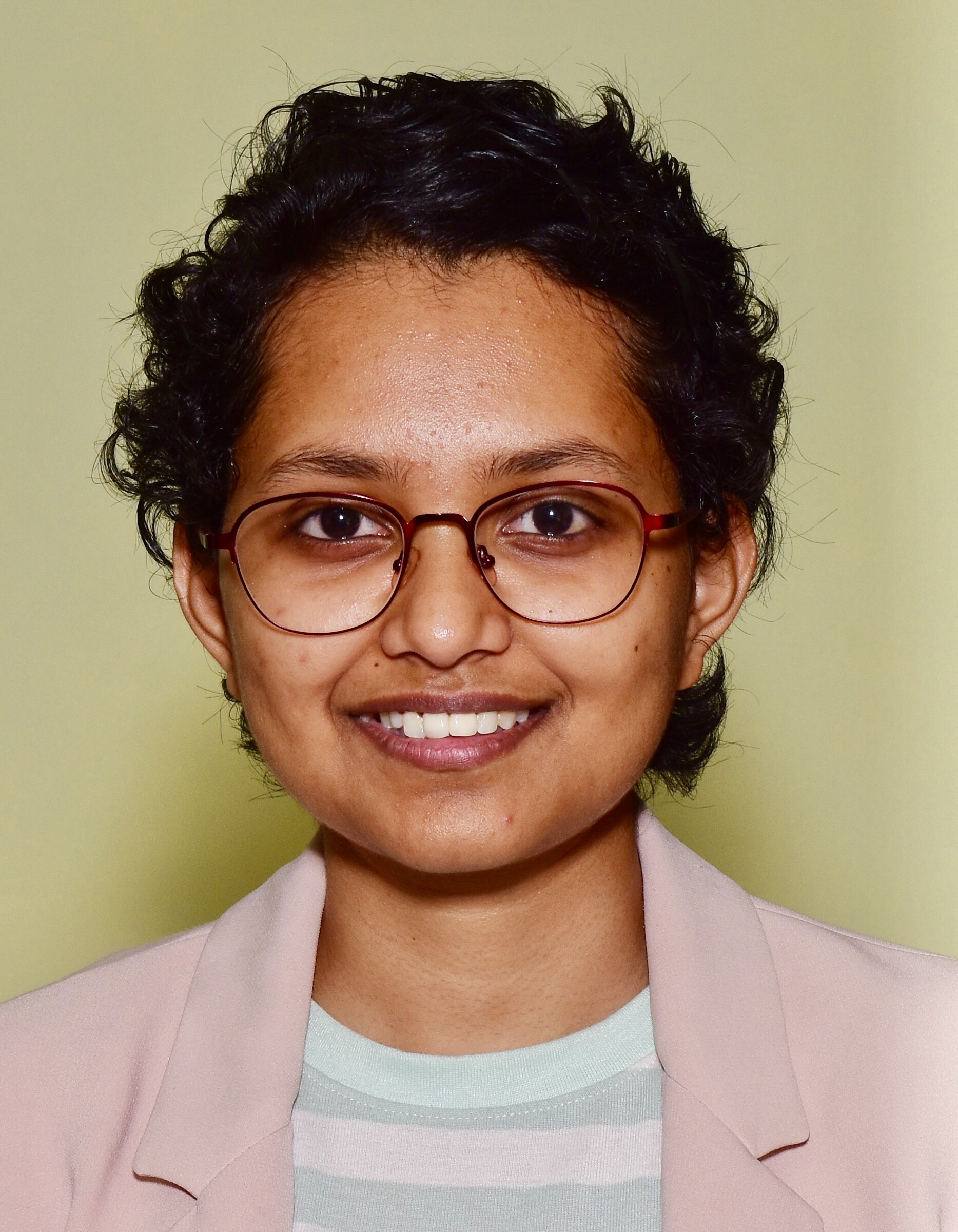Conflict Alerts # 196, 26 November 2020
 Sourina Bej
Sourina Bej In the news
On 25 November, Germany and Russia in Europe reported their highest daily COVID-19 deaths. The German authorities announced that 410 people had passed away due to COVID-19 over the previous 24 hours. The figure comes after the World Health Organization's special COVID-19 envoy David Nabarro told the Solothurner Zeitung on 22 November that Europe was likely to see a third wave of the pandemic in early 2021 before a vaccine can be introduced. "They missed building up the necessary infrastructure during the summer months after they brought the first wave under control. Now we have the second wave. If they don't build the necessary infrastructure, we'll have a third wave early next year," said the WHO envoy. As Europe readies itself for a third wave, Japan, South Korea and Hong Kong in Asia are already reimposing restrictions this week in what they term as the third wave.
The rising cases have coincided with multiple pharma companies releasing their results of phase III vaccine trials. On 23 November, British drugs group AstraZeneca and the University of Oxford said their jointly-developed vaccine against COVID-19 has shown "an average efficacy of 70 per cent" in trials. The Pfizer-BioNTech vaccine candidate, in phase three trials, has been found to be 95 per cent effective, while the US pharmaceutical company Moderna Inc has claimed that its vaccine candidate is 94.5 per cent effective in preventing the deadly virus. China's Sinovac Biotech is expected to release the results of its vaccine vials next month.
Issues at large
First, the third wave, protests and restrictions mark the pandemic, which is yet to be over. Three European countries have passed the grim milestone of 50,000 deaths: France, Italy, and the UK. The number of fatalities in Germany stands at 14,771. In Russia, more than 23,700 new infections are confirmed, bringing the country's caseload to over 2.1 million — the fifth highest in the world. The number of new infections in Asia such as in Japan, South Korea and Hong Kong is a fraction of those in the West. But countries like India, Indonesia are facing a higher caseload. As Christmas festivities near, countries like Germany have announced fresh restrictions. Consequently, France and the UK are bypassing lockdowns and are looking for exit strategies that will not spiral the countries into economic downturn again. Pandemic fatigue, public complacency and colder weather will further fuel a new surge in virus cases. The governments have faced protests such as in Germany as Merkel goes into partial shutdowns again.
Second, the race for vaccine corresponds race for vaccine distribution. Speaking on the distribution process of the vaccine, health minister in India said the government would first provide the vaccine to healthcare workers and older adults (above the age of 65). South Africa's president, Norway's prime minister and heads WHO and European Commission wrote a letter to the leaders of G20 countries urging them to provide funds for the COVID-19 vaccines, drugs, tests and distribution. China is rapidly administering vaccines to its public. In Europe, two COVID-19 vaccines could receive conditional market authorization as early as the second half of December. Russia has resumed vaccination of new volunteers with Sputnik V vaccine.
Third, developed countries struggle with price and access. As the West-led vaccine research announces the efficiency of their vaccine vials, the struggle becomes acute for the developing world. Population density, economic inequality and affordability of expensive vials are challenges for the developing countries. German Chancellor Angela Merkel said she is worried that efforts to roll out an affordable coronavirus vaccine are moving along too slowly. In India, CEO of Serum Institute Adar Poonawalla said on 19 November that the Oxford vaccine would be available for the general public in April 2021 and priced at a maximum of Rs 1,000 for two necessary doses. Turkey is in talks to sign a contract with China's Sinovac Biotech, Pfizer, and BioNTech within days to buy at least 20 million doses of a COVID-19 candidate vaccine. Mexico has also received doses of a COVID-19 vaccine candidate from Chinese pharmaceutical company CanSino Biologics.
In perspective
The pandemic is more than over, and the real struggle begins now when a vaccine has to be brought to the last standing person in the world. In developing world where a pandemic has hit employment rate, affordability and access to health care will not be achieved easily. Although G20 leaders said that they would "spare no effort" to ensure fair distribution of vaccines, Merkel said she was concerned that no major agreements had yet been struck for poorer nations, even as wealthy countries have already purchased large numbers of doses from pharmaceutical firms. The need of the hour is global cooperation over vaccine distribution. The pandemic has done little to bring countries together to mitigate disasters.